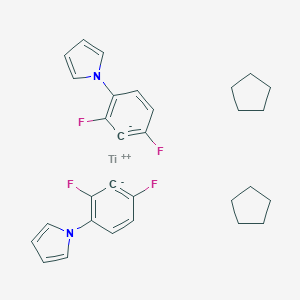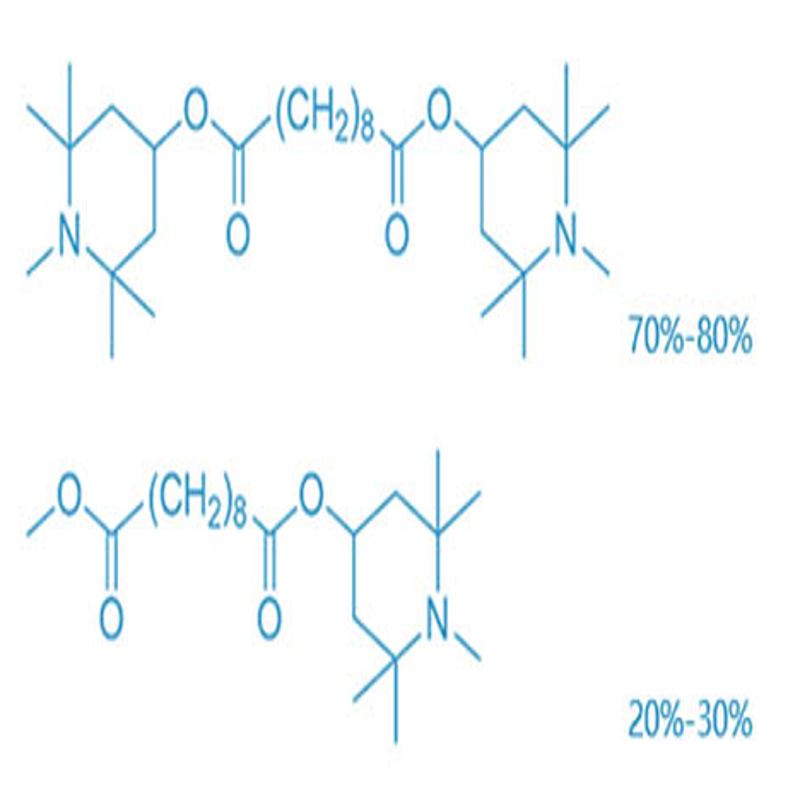-
Categories
-
Pharmaceutical Intermediates
-
Active Pharmaceutical Ingredients
-
Food Additives
- Industrial Coatings
- Agrochemicals
- Dyes and Pigments
- Surfactant
- Flavors and Fragrances
- Chemical Reagents
- Catalyst and Auxiliary
- Natural Products
- Inorganic Chemistry
-
Organic Chemistry
-
Biochemical Engineering
- Analytical Chemistry
-
Cosmetic Ingredient
- Water Treatment Chemical
-
Pharmaceutical Intermediates
Promotion
ECHEMI Mall
Wholesale
Weekly Price
Exhibition
News
-
Trade Service
Chemical giant BASF and German utility RWE on Friday announced a potential 4 billion euro ($4.
9 billion) offshore wind project to reduce emissions
from Germany's largest energy-consuming industrial site.
As part of the project, RWE plans to build a 2 gigawatt (GW) offshore wind farm by 2030 to help supply power
to BASF's Ludwigshafen chemical complex at Germany's largest electricity consumer.
RWE CEO Markus Krebber said BASF will own a 49 percent stake in the wind farm, adding that while 80 percent of the farm's electricity will go to Ludwigshafen, the remaining 20 percent will be used to power 300 megawatts of electrolyzers to produce so-called green hydrogen
.
Martin Brudermueller, CEO of BASF, said: "Our future transition will not be possible
without access to enough renewable electricity at competitive prices.
”
The fate of the project hinges on a number of regulatory factors, including faster tenders for potential sites in the North Sea and the exemption of renewable energy from a huge green electricity tax
in Germany.
Brudermueller said at a joint press conference with RWE that electricity demand in Ludwigshafen is expected to triple by 2035
.
The wind farm will meet about a quarter of the electricity needs
of the company's chemical production center.
Chemical giant BASF and German utility RWE on Friday announced a potential 4 billion euro ($4.
9 billion) offshore wind project to reduce emissions
from Germany's largest energy-consuming industrial site.
As part of the project, RWE plans to build a 2 gigawatt (GW) offshore wind farm by 2030 to help supply power
to BASF's Ludwigshafen chemical complex at Germany's largest electricity consumer.
RWE CEO Markus Krebber said BASF will own a 49 percent stake in the wind farm, adding that while 80 percent of the farm's electricity will go to Ludwigshafen, the remaining 20 percent will be used to power 300 megawatts of electrolyzers to produce so-called green hydrogen
.
Martin Brudermueller, CEO of BASF, said: "Our future transition will not be possible
without access to enough renewable electricity at competitive prices.
”
The fate of the project hinges on a number of regulatory factors, including faster tenders for potential sites in the North Sea and the exemption of renewable energy from a huge green electricity tax
in Germany.
Brudermueller said at a joint press conference with RWE that electricity demand in Ludwigshafen is expected to triple by 2035
.
The wind farm will meet about a quarter of the electricity needs
of the company's chemical production center.







